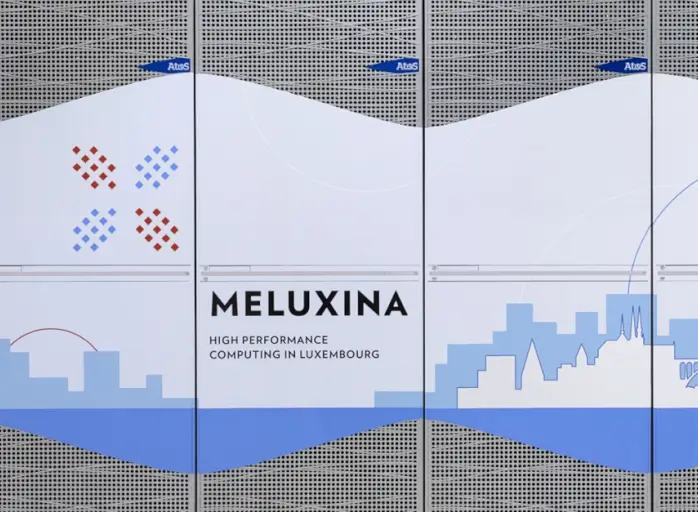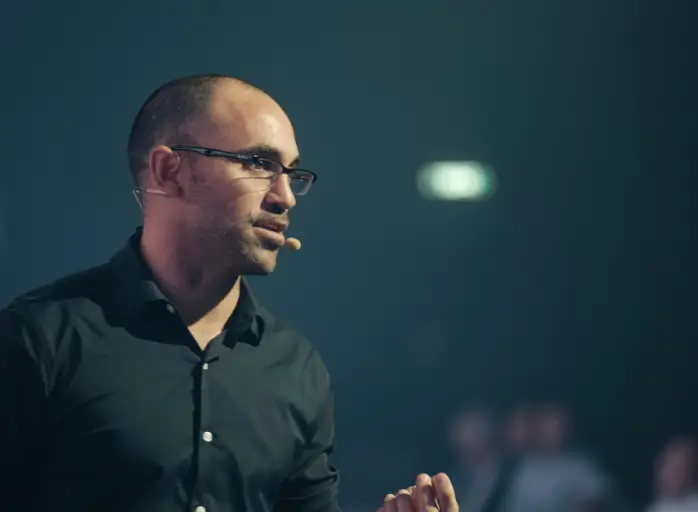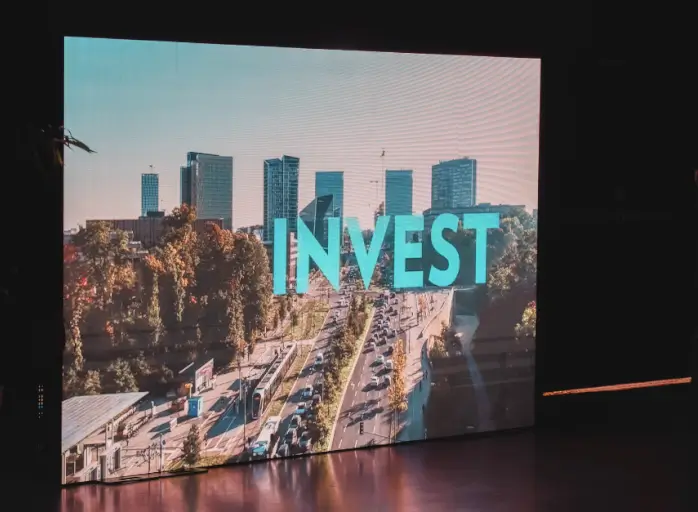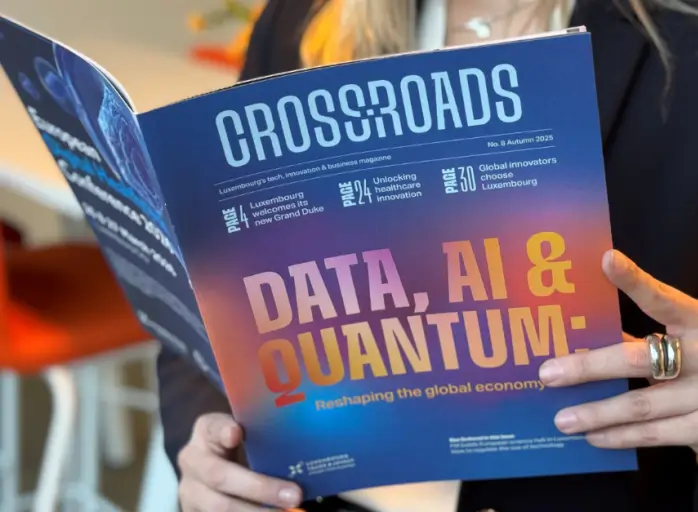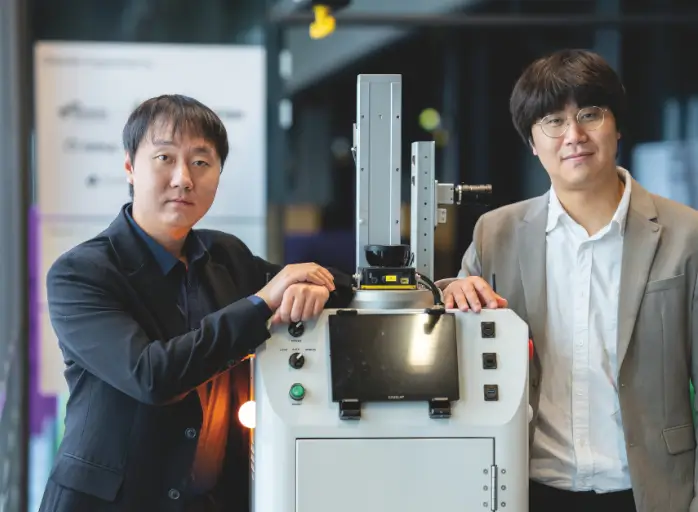

Leading AI-driven change through personal transformation
Adopting AI at scale is not an easy task, but it is worth every effort, argues co-founder of a Paris-based think tank, HUB Institute.
By Emmanuel Vivier, co-founder of HUB Institute
Artificial intelligence is poised to transform business as profoundly as the steam engine did during the 19th-century industrial revolution. Over the next 5-10 years, AI advancements – especially in generative AI and machine learning – will unlock unprecedented strategic and operational opportunities for companies worldwide.
The implementation of AI will generate new business models, revenue streams and avenues for market differentiation, while the technology will enable cost optimisation, productivity gains and automation. AI acts as a force multiplier, enhancing human productivity rather than replacing it. The next decade will see most roles augmented by AI tools, significantly amplifying employee output across roles.
In addition, AI agents – autonomous digital workers – are emerging as a game changer. They can handle routine customer inquiries, generate first-draft content or code, and perform back-office tasks, essentially doubling the capacity of knowledge workers in functions such as sales, support and marketing.
Organisational barriers to AI adoption – and how to overcome them
Despite billions invested and rapid technological progress, many large companies still struggle to scale AI effectively. The main barriers aren’t technical – they’re organisational. Issues such as outdated culture, unclear processes, poor governance and a lack of skills are often to blame.
Cultural resistance and fear of change
AI is often seen as a threat rather than a tool to enhance human capabilities. This fear creates pushback. At the root is a company culture that prefers predictability over experimentation.
What to do:
- Launch internal initiatives that position AI as a partner, not a replacement
- Work with business teams to build pilot projects together
- Share success stories that highlight how AI supports – not replaces – people
No unified AI strategy
Many AI projects are scattered, poorly defined and not tied to broader business goals. Without a clear direction, they lack impact.
What to do:
- Create a clear, company-wide AI strategy backed by top leadership
- Integrate AI into the company’s main priorities: digital transformation, CSR, HR and innovation
- Set up a cross-department AI governance team with defined responsibilities
Weak data infrastructure
AI depends on data, but most organisations struggle with fragmented systems, poor data quality and compliance issues.
What to do:
- Improve how data is collected, cleaned and managed across its lifecycle
- Develop "data contracts" to align business and tech expectations
- Move toward integrated platforms or a federated data mesh approach
Skills shortages and over-reliance on consultants
Many companies depend too heavily on external experts and neglect internal training. This slows down real adoption and results in limited return on investment.
What to do:
- Launch continuous training programmes: bootcamps, peer learning and AI literacy workshops
- Build AI centres of excellence and appoint internal AI advocates
- Recruit talent with a blend of technical expertise and strategic business insight
Rigid processes and complex bureaucracy
Even when an AI project shows promise, it often stalls due to lengthy approvals, rigid procedures and risk-averse mindsets.
What to do:
- Use a dual model: one stream for innovation, another for scaling proven ideas
- Set up sandbox environments with flexible rules to test quickly
- Simplify approval processes and define clear criteria for scaling
Unclear ethics and legal guidelines
Companies often hesitate to deploy AI, especially generative tools, because the ethical and legal rules governing them are unclear or missing.
What to do:
- Write internal guidelines on how AI should be used responsibly
- Conduct red teaming exercises (i.e. simulated attacks or stress tests) to identify vulnerabilities in AI systems
- Prioritise transparent, explainable and open-source AI tools when possible
Moving from tools to transformation
Implementing AI isn’t just about new tech – it’s about changing how an organisation thinks and works. The most successful companies will be those that:
- Have strong, clear leadership around AI
- Adapt their governance to be more flexible
- Educate and empower employees at all levels
- Embrace a culture of experimentation and learning
Ultimately, AI success hinges not just on algorithms, but on mindset, strategy and adaptability. The real competitive edge lies in being culturally open, strategically aligned and organisationally adaptable.
Leading by understanding
CEOs and top managers must be at the centre of AI adoption and deployment. You cannot support what you do not understand. Before driving change across your organisation, you must first internalise it yourself.
You cannot support what you do not understand. Before driving change across your organisation, you must first internalise it yourself.
Emmanuel Vivier, HUB Institute
Authentic leadership in the age of AI and disruption requires more than strategy – it demands personal immersion. That means:
- Attending executive training programmes on artificial intelligence, digital transformation and organisational change
- Working closely with an AI coach to keep pace with emerging tools and mindsets
- Embarking on a learning expedition to global innovation hubs such as China, South Korea or San Francisco to meet with pioneering startups and tech leaders.
Leaders who walk the talk gain credibility and inspire others to take action. Teams watch what leaders do more than what they say. By being curious, proactive and open to change, a leader signals a clear commitment that resonates across the organisation.
No transformation can succeed without leadership – and leadership begins with personal conviction, knowledge and decisive action.
Emmanuel Vivier is a globally recognised expert in AI, digital transformation and corporate innovation. As co-founder of the HUB Institute, he has advised Fortune 500 executives from L’Oréal, LVMH, TotalEnergies and others.
A sought-after keynote speaker, he has delivered over 1,000 conferences and trained more than 50,000 leaders worldwide. He co-authored The Guide to Digital Transformation and The Guide to the Future of HR & Management and publishes Le Big Recap, a leading generative AI newsletter with over 18,500 followers.
.


